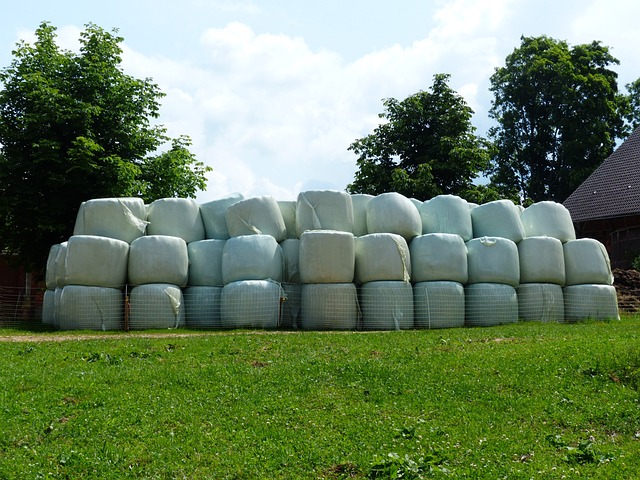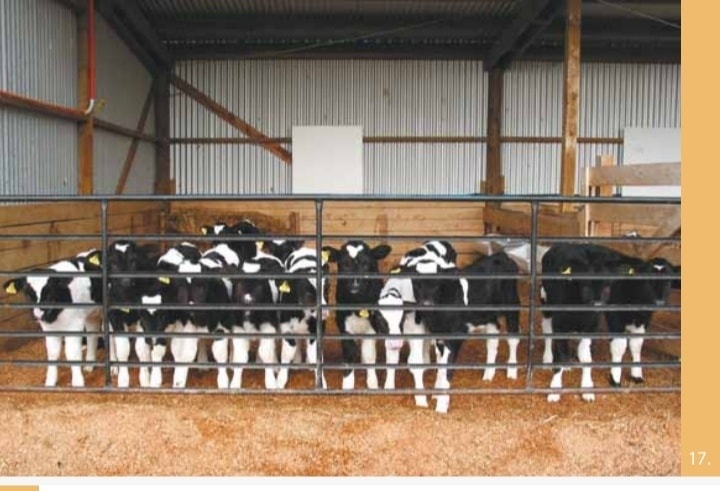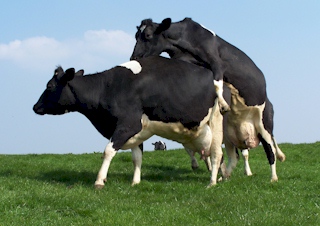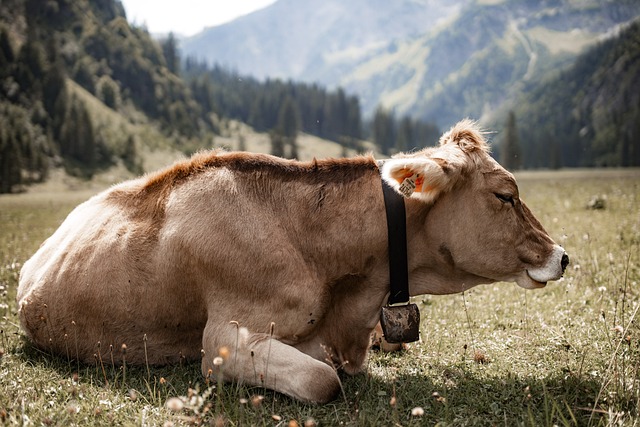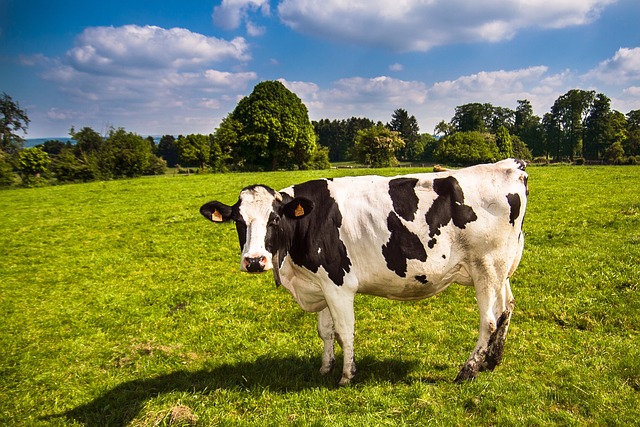The nutritional needs of dairy cows vary significantly depending on their life stage. Providing the right nutrients is crucial for maintaining their health, supporting growth, maximizing milk production, and ensuring successful reproduction. This article will simplify and summarize the essential nutrient requirements for dairy cows during maintenance, growth, milk production, and reproduction phases.
Nutrient Requirement for Maintenance
When a cow is in the maintenance phase, it is not growing, producing milk, reproducing, or performing any other demanding activity. This is when the animal needs the minimum amount of nutrients to maintain its body weight and basic bodily functions, like heart activity and breathing.
-Energy Requirement: The energy needed during maintenance is primarily to support basic metabolic functions. If a cow consumes less energy than needed, it will lose weight as its body breaks down tissues for energy.
-Protein Requirement: Protein is essential for repairing and maintaining body tissues. Even in the maintenance phase, cows lose protein through normal wear and tear. If not replaced through diet, it can negatively impact their health. The necessary protein intake is determined by balancing the losses of metabolic fecal nitrogen (MFN) and endogenous urinary nitrogen (EUN).
– Minerals and Vitamins Requirement: Essential minerals are lost continuously through feces and must be replenished through the diet. While most feeds contain adequate minerals, adding salt to the diet is recommended. Cows can synthesize water-soluble vitamins, but they need sufficient precursors from their diet to produce fat-soluble vitamins.
Nutrient Requirement for Growth
Growth in dairy cows involves increased muscle, bone, and organ development, requiring higher nutrient intake than the maintenance phase.
– Energy Requirement: Energy needs during growth depend on the cow’s growth rate. Rapid growth demands more energy.
– Protein Requirement: Protein is vital for building new tissues during growth. The protein needed for growth is added to the protein required for maintenance to determine the total protein intake, often measured as digestible crude protein (DCP).
-Minerals and Vitamins Requirement: Growing cows need more calcium, phosphorus, and vitamin D to support bone development.
Nutrient Requirement for Milk Production
Milk production demands extra nutrients on top of the maintenance requirements. The quality and quantity of milk a cow produces directly correlate with the quality of its diet.
-Energy Requirement: The energy required for milk production depends on the fat content of the milk. The energy for milk production is calculated based on this fat percentage and added to the cow’s maintenance energy needs.
– Protein Requirement: Since milk is high in protein, cows need additional protein to support milk production. This protein requirement is added to the maintenance protein needs.
– Minerals and Vitamins Requirement: Dairy cows lose significant amounts of minerals and fat-soluble vitamins (A, D, and E) through milk. These must be supplemented in their diet. Water-soluble vitamins do not need supplementation as they are produced in the cow’s rumen.
Nutrient Requirement for Reproduction
Proper nutrition is crucial for successful reproduction in dairy cows, affecting everything from the onset of puberty to fetal development.
– Energy Requirement: During the last trimester of pregnancy, cows need more energy to support rapid fetal growth and to store energy for use during the dry period before calving. The goal is to ensure cows are in good physical condition at parturition, without becoming overly fat.
– Protein Requirement: Adequate protein is necessary during the last trimester to support both fetal growth and milk production after calving. This is in addition to the cow’s maintenance protein needs.
-Minerals and Vitamins Requirement: Pregnant cows require extra calcium, phosphorus, and vitamin A to support the growing fetus. These needs are over and above the standard maintenance and production requirements.
Conclusion
Meeting the nutritional needs of dairy cows at different life stages is essential for their health, productivity, and reproductive success. By understanding and providing the appropriate nutrients during maintenance, growth, milk production, and reproduction, dairy farmers can ensure their cows remain healthy and productive throughout their lives. Proper nutrition not only supports the well-being of the cows but also contributes to the overall success of the dairy opera

